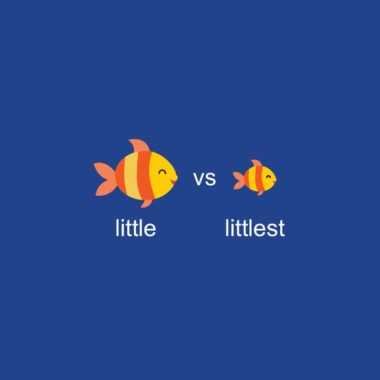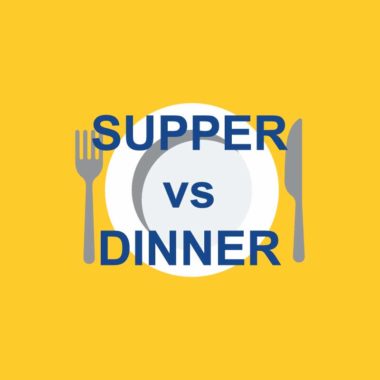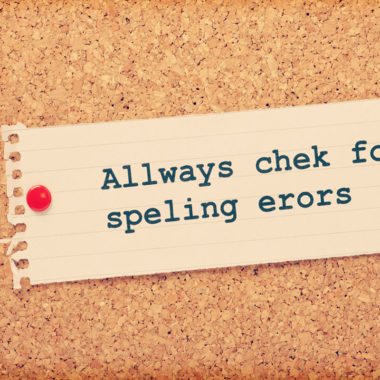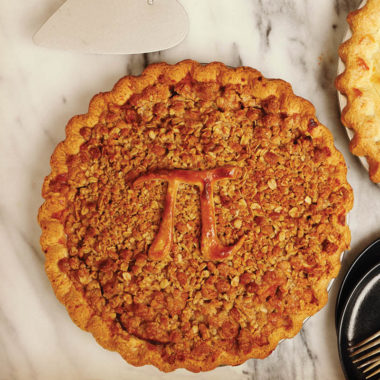“Daylight Savings Time” And Commonly Mixed-Up Words And Phrases
Every March and November, most Americans change their clocks to keep up with the switch into or out of daylight-saving time. This practice of advancing the clocks ahead an hour is called daylight-saving time. But, because daylight savings time is used so frequently, the term is also considered acceptable. Daylight-saving time means that since the clock is moved ahead one hour, you get one more …











